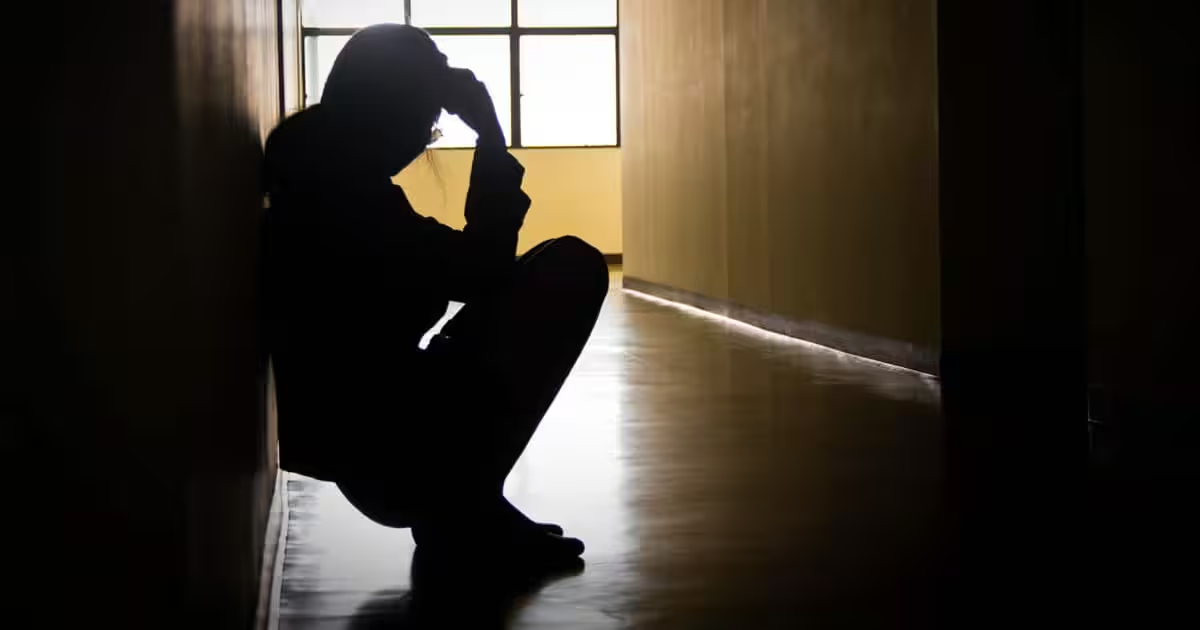According to the National Institute of Mental Health, one in five U.S. adults has a mental health condition — which equates to nearly 53 million people. Luckily, many people with diagnosed mental health conditions receive treatment, and treatments like therapy and medication are highly effective for reducing and eliminating symptoms. Yet, there is no cure for mental illness, so it is not uncommon to experience a mental health relapse.
Relapse is not the end of the world; you can get help and recover. If you think you or a loved one are experiencing a relapse of mental health symptoms, it may be time to seek care.
What Is a Relapse in Mental Health?
A mental health relapse occurs when someone experiences symptoms that interfere with their normal day-to-day life. Usually, the person in relapse has received treatment for the disorder before and now experiences fewer symptoms. Someone with an anxiety disorder diagnosis may have found relief from therapy and medication. After months or even years of mild or no symptoms, they start to feel excessively worried again, and this is a relapse.
If you are experiencing a mental illness relapse, do not feel alone. Relapses are common, and the good news is that there are treatment programs to help you get back on the road to recovery.
What Are the Signs of a Mental Health Relapse?
The number one sign of an oncoming mental health relapse is the re-occurrence of a condition’s symptoms. The onset of symptoms coupled with coping mechanisms failing to work are indicators of relapse. There are also some signs of a mental health relapse that nearly all conditions share.
Changes in Sleep Habits
Studies show that sleep disturbances are a common symptom of many mental illnesses. Sleep disturbances include hypersomnia (sleeping too much) and insomnia (not sleeping at all). Conditions that cause these issues include:
- Depressive disorders
- Attention-deficit hyperactivity disorder
- Bipolar disorder
- Obsessive-compulsive disorder
- Schizophrenia
Sleeping too much or too little may be an early sign of relapse. What’s more, poor sleep can exacerbate symptoms further. Ideally, you should seek treatment when you notice any issues with sleep habits.
Personal Hygiene Problems
Personal hygiene is the practice of bathing, handwashing, and brushing your teeth. Individuals with mental illnesses may struggle to care for themselves. As with poor sleep, personal hygiene issues can make symptoms worse. It is essential to take care of yourself physically. Talk to a doctor or therapist if hygiene is becoming a struggle.
Social Isolation
Countless studies from the COVID-19 pandemic proved a direct relationship between social isolation and mental health. Isolation can exacerbate symptoms of many mental illnesses, but the relationship is bi-directional.
If your mental health declines, you may feel the need to isolate. Anxiety disorders, depressive disorders, and post-traumatic stress disorder (PTSD) are among the most common conditions featuring isolation as a symptom. Mental illnesses that feature psychotic symptoms also feature isolation.
What Causes Mental Health Relapse?
The causes of mental health relapses are not fully understood, but specific triggers can increase the risk of re-experiencing severe symptoms. Medication non-adherence happens when someone stops taking their prescription medication. It may be the most common cause of mental illness relapse.
Stress
Significant or prolonged stress or sudden situations can cause mental health relapses. Stress impacts the immune system negatively. Secondly, stress hormones interact with other chemicals involved in developing mental disorders. Another way stress triggers mental illness relapse is through its impact on sleep. Stress hormones interfere with our sleep quality and quantity, which can, in turn, increase negative mental health symptoms.
Interpersonal Issues
Issues with parents, friends, or significant others commonly lead to mental health relapse. Is this an increase in isolation? Fighting with friends and family or a breakup may increase isolation. It can increase mental health symptoms. Interpersonal issues with loved ones can also impact self-esteem.
Substance Abuse
Substances like alcohol and drugs can mimic mental health disorder symptoms but can also alter the brain in ways that can worsen pre-existing illnesses. Nearly 50% of people struggling with a mental illness also have a substance use disorder (SUD). SUDs are especially common in people struggling with undiagnosed or untreated mental health conditions. You may use alcohol or drugs to self-treat your condition. These substances may temporarily ease symptoms, but they can worsen them over time.
Get Help at the Comprehensive Wellness Center in South Florida
Mental health relapses can be scary, but it’s common. It’s essential to recognize the signs of relapse. Are you looking for ‘mental health recovery centers near me’? The Comprehensive Wellness Center is here in Lantana, Florida. Learn more about our admissions process and schedule your stay with us today.

